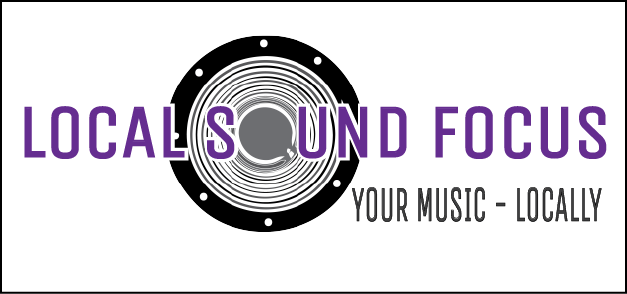Coinciding with World Mental Health Day, The Association For Electronic Music (AFEM) has launched a mental health guide for people working in the electronic music industry. The guide aims to educate, provide practical support, and further destigmatise the subject of mental health.
“The Electronic Music Industry Guide To Mental Health” updates the 2016 Music Managers Forum Guide to Mental Health and has been produced alongside Help Musicians UK and Music Support. The guide covers key mental health issues that impact those working in the electronic music industry; anxiety, depression, alcohol, substance abuse / dependency, through to work/life imbalance and the importance of sleep.
The guide also contains a directory listing key contacts for those needing help, which AFEM will expand to cover all 25 countries in which it has members.
Those working in the electronic music industry at every level are often more susceptible to feelings of isolation and loneliness resulting from a high frequency of, travelling alone and performing throughout the night with little time to recover. In his IMS 2018 keynote Pete Tong highlighted the importance of the new guide; “In my 40 years of being around this world, I can’t think of a single person who has achieved success who hasn’t paid a personal price via health, relationships, divorce, broken homes, addiction, depression, and anxiety.”
The guide is published with mental health continuing to receive significant attention at music conferences worldwide. This year alone, Brighton Music Conference, International Music Summit in Ibiza, ILMC, Paris Electronic Week, and Amsterdam Dance Event dedicated discussion to the challenges faced and solutions available.
At this year’s International Music Summit & ARETÉ event in May, which featured Avicii’s father Klas Bergling, AFEM’s Tristan Hunt stated “the problem of mental health is complex and nuanced, and it is an issue to which those working in dance music are especially susceptible. It needs our undivided attention. At every level we all need to keep talking, acting and caring in order to further destigmatise the subject, save lives and create lives worth living. Always remember, regardless of whatever you do, however you feel, you are not alone.”
Tom Middleton Co-Chair AFEM Health Group / Mental Health Ambassador / Sleep Coach states “This guide represents a clear shift towards responsibility, accountability and duty of care within the industry, with expertly curated top-line actionable prevention and self-care advice, and signposting to professional mental health support”.
Tamsin Embleton, new AFEM Health Working Group co-chair and psychotherapist adds further “Working in the electronic music industry can be deeply rewarding but it is also competitive, fast-paced, unpredictable and hedonistic. Job insecurity, shame and demanding work schedules can act as barriers to individuals realising that they need help. I hope that this guide can support those working in the industry by helping them to identify signs and symptoms of when someone is struggling, so that they can better support themselves and those around them.”
“Everyone has mental health, and anyone can be affected by a mental health challenge. Hopefully this guide will show people that, whatever area of electronic music they work in, it’s okay to talk, information and help are available and there is a community to listen and support them.” Christine Brown Consultant – Communications, Health & Wellbeing
The guide can be viewed online and downloaded here. For mental health support in the UK call Help Musicians UK’s free Helpline on 0808 802 8008







